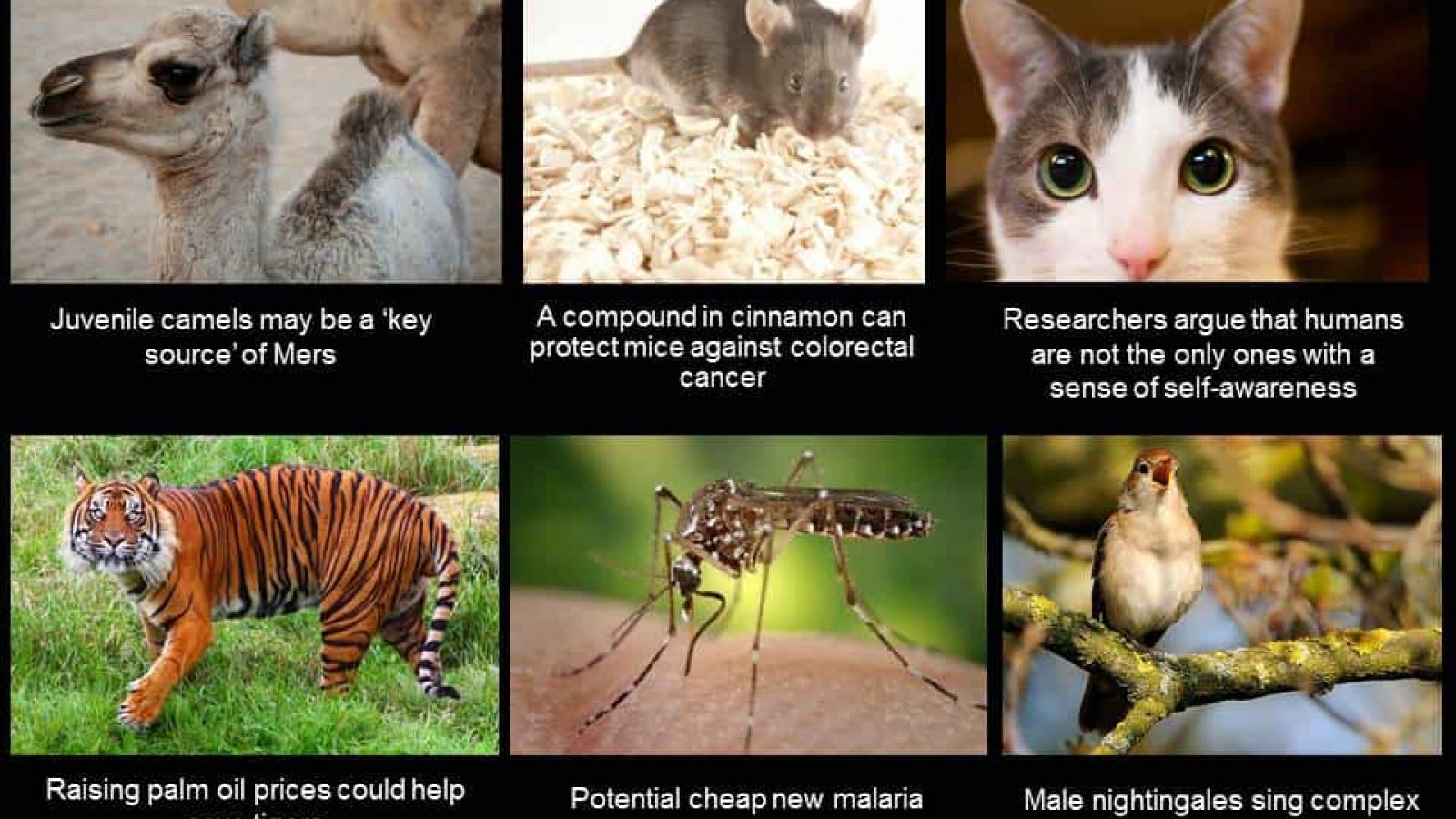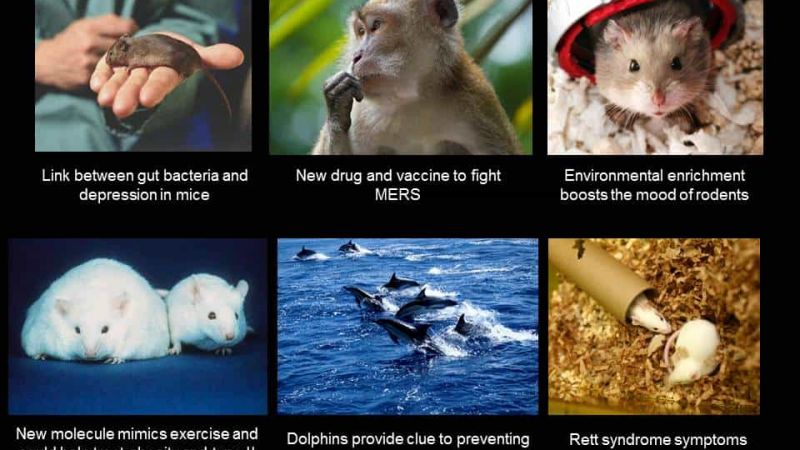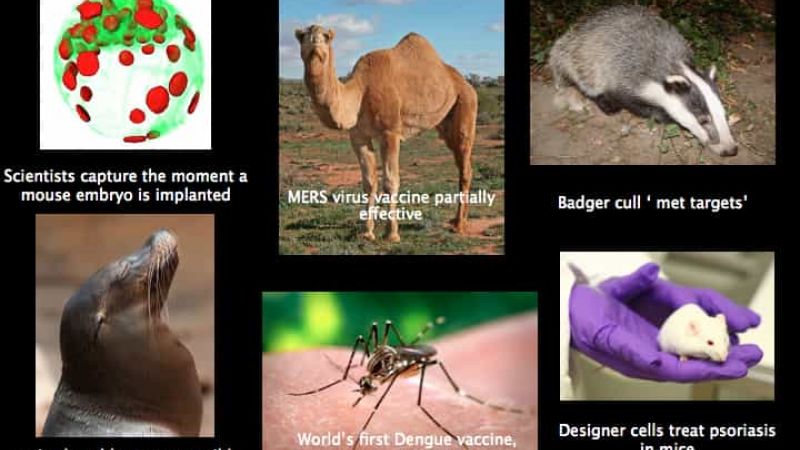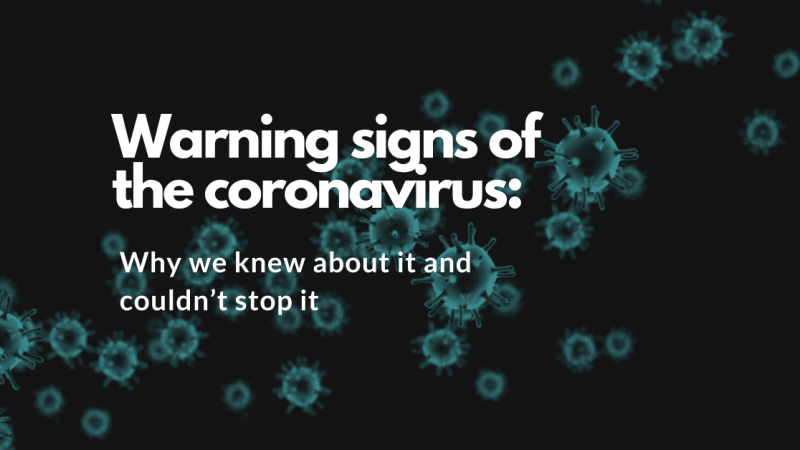15/06/15
Juvenile camels, aged less than four, may be a ‘key source’ of Mers. A study looking at Mers infections in dromedary camels found that 90% of animal became infected by age two and virus shedding was more common in calves than adults. Initial studies had shown that camels living in the Middle East had antibodies that recognised Mers virus protein, suggesting past infection, but none contained the virus. How the cirus spreads to humans in still unknown. Changes in animal husbandry, like delaying the age calves are taken from their mothers may reduce the occurrence of human Mers infections.
http://www.bbc.co.uk/news/science-environment-33096263
16/06/15
Could the markets help out endangered species? A new study suggests that if supermarkets increased the cost of products including palm oil, then the resulting fall in demand could help prevent the habitat destruction which is damaging the populations of endangered species like the sumatran tiger and orangutans.
Professor Ian Bateman of the University of East Anglia,said:
“International governments have failed to stem the environmental damage caused by palm oil plantations. We wanted to find a new way of halting biodiversity loss that actually becomes profitable for private companies,”
http://www.independent.co.uk/…/raising-palm-oil-prices-coul…
Researchers at the University of Arizona College of Pharmacy and UA Cancer Center have found that cinnamaldehyde (a compound found in cinnamon) can protect mice against colorectal cancer.
Georg Wondrak said:
"Given cinnamon’s important status as the third most consumed spice in the world, there’s relatively little research on its potential health benefits. If we can ascertain the positive effects of cinnamon, we would like to leverage this opportunity to potentially improve the health of people around the globe."
http://www.alnmag.com/…/component-cinnamon-prevents-colorec…
18/06/15
New anti-malaria treatment, tested in mice, provides hope in battle against drug resistance and would only cost 1$. Malaria kills over half a million people a year. Treatments already exist to help recover from the disease but drug resistant strains of the parasite are rapidly emerging, urging for the development of a new solution. Studies in mice showed a new compound could rapidly kill the parasite and for the first time prevent the transmission of malaria – a key step to stop the spread of the disease. The human version of the therapy, developed by the pharmaceutical company Merck, is expected to enter clinical trials within a year.
http://www.theguardian.com/…/new-anti-malarial-treatment-ba…
Male nightingales sing complex songs to show females they will be good fathers. They use their songs to advertise their value, the better the singer, the more support it is likely to offer its young family by feeding and defending them from predators. The beauty of the song comes from its complexity but females are on the lookout especially for the effort the singer puts in the performance. Indeed, complicated choral arrangements are much harder to sing, and requires a bird to be in good physical health. The females is looking for the valuable information encoded in the song – the age, his ability to learn, where the male was raised, the strength of his immune system and how motivated he is to raising a family. The male can improve its attractiveness by bringing order to his songs – performing them in a lengthy loop, repeating the sequences over and over in the same order.
http://www.independent.co.uk/…/male-nightingales-sing-compl…
19/06/15
Humans are not the only ones with a sense of self awareness. In a study, researchers argue that any animal which can stimulate environments and conceive the future must have some form of self-awareness. Inspired by work involving sending rats through mazes conducted in the 1950s, they looked at the neuroscience behind a rat's deliberation of 'choice points' - if animals are capable of simulating their future actions then they must be able to distinguish between their imagined actions and those that are actually experienced.
Last edited: 9 March 2022 13:12




